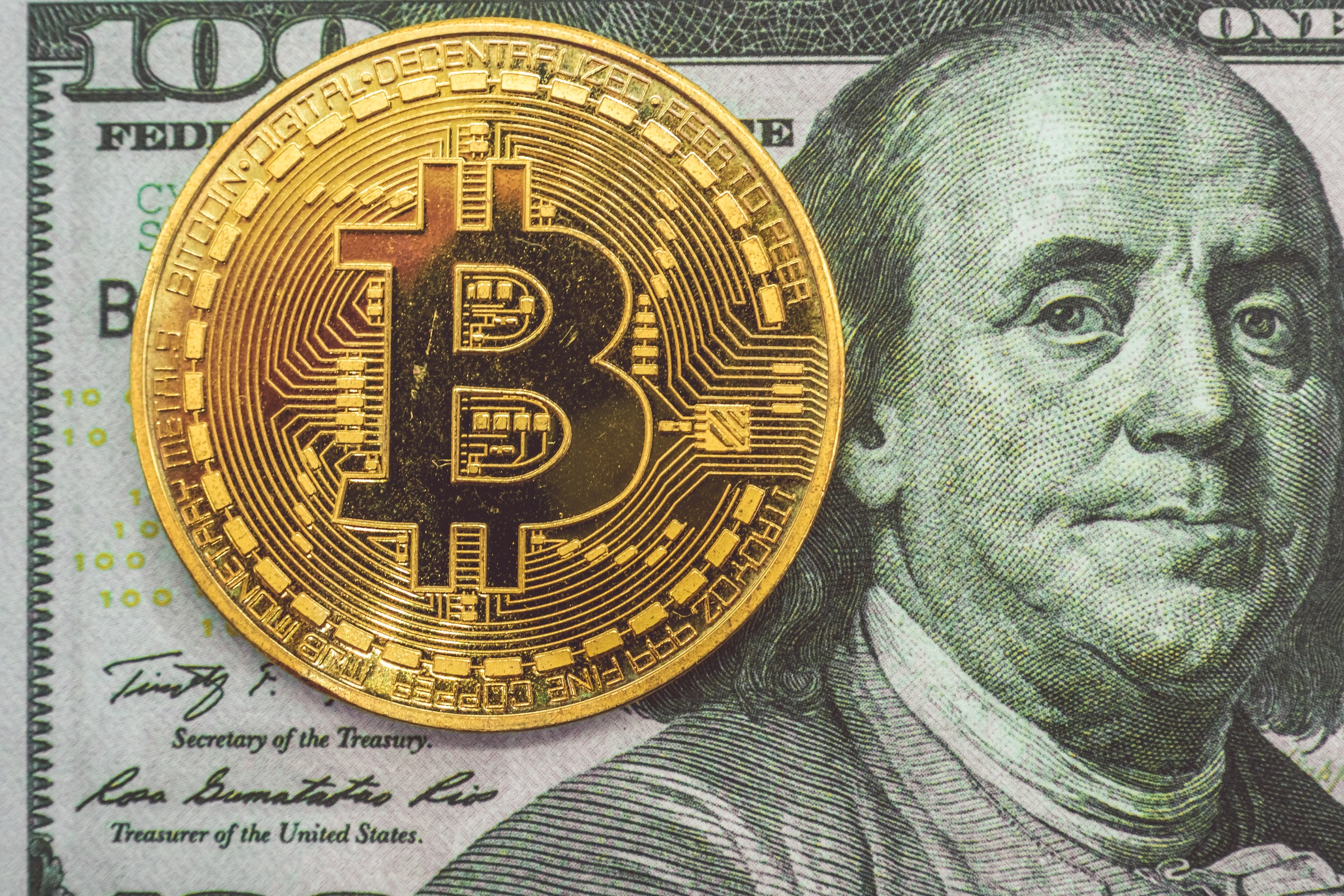Blockchain technology has led to the rise of DeFi and better banking technology. However, since Ethereum implemented the features that allow this, more and more companies have created their own blockchains and restricted tokens created on it from being accessed by those using other technologies.
Now, Cosmos – the company behind the ATOM token – has voted to include this protocol, ending it’s isolation from those not in the Cosmos Hub.
The IBC protocol aims to decentralize DeFi once again, by allowing communication between blockchains without having to go through extra steps.
Overwhelming Support
The vote for enabling IBC passed with a clear majority in favour of implementation.
According to Zarko Milosevic – the chief scientist at blockchain consulting firm Informal Systems – the move will allow any 2 IBC-enabled blockchains to pass information back and forth permissionlessly. This would also allow DeFi firms who deal in token exchanges and the like to use products confined on an application-specific blockchain from a completely different blockchain.
“At its core, IBC is a method of securely exchanging data between two independent (sovereign) blockchains. This means that any two blockchains that support IBC can send communication back and forth in a permissionless manner. Previously, ATOM was relegated to the Cosmos Hub with regard to its utility as a governance token. It is now transferable and interoperable with all blockchains that support IBC.”
Like with any technology, the adoption of a new protocol may have a domino effect. For every Cosmos that decides to adopt IBC and open up for more DeFi business, there are probably 2 more companies waiting in the wings to see if it catches on. Hopefully, this trend will catch on – and DeFi banking will gain on traditional banking systems in leaps and bounds.










